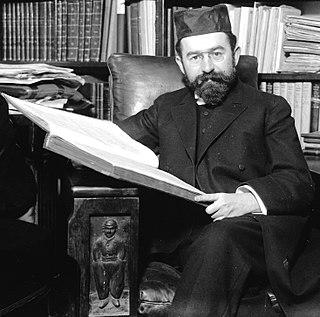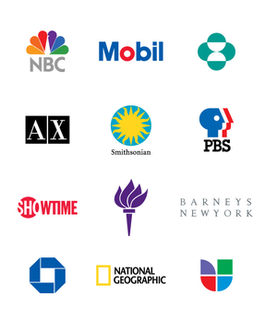A Quote by David Crystal
I don't have any particular desire to see words making a comeback. They are of their era, after all, and that is their identity - they form part of the linguistic color of a period.
Related Quotes
When we come to the Babylonian Gemara, we are dealing with what most people understand when they speak or write of the Talmud. Its birthplace, Babylonia, was an autonomous Jewish centre for a longer period than any other land; namely, from soon after 586 before the Christian era to the year 1040 after the Christian era - 1626 years.
The identity of just one thing, the "clash of civilization" view that you're a Muslim or a Hindu or a Buddhist or a Christian, I think that's such a limited way of seeing humanity, and schools have the opportunity to bring out the fact that we have hundreds of identities. We have our national identity. We have our cultural identity, linguistic identity, religious identity. Yes, cultural identity, professional identity, all kinds of ways.
I think it [Trouble In Mind] was the only time Divine didn't appear in drag, or certainly one of the few times, anyway. Alan created a time and place that was no time and no place, so it was not identifiable with any particular period or any particular city or any particular country, for that matter. I mean, everybody spoke English, but that was about it. So you couldn't pigeonhole that film.
For my part, I desire to see the time when education - and by its means, morality, sobriety, enterprise and industry - shall become much more general than at present, and should be gratified to have it in my power to contribute something to the advancement of any measure which might have a tendency to accelerate the happy period.
For many years, I have been moved by the blue at the far edge of what can be seen, that color of horizons, of remote mountain ranges, of anything far away. The color of that distance is the color of an emotion, the color of solitude and of desire, the color of there seen from here, the color of where you are not. And the color of where you can never go.
I think this mythology - that we're all beyond race, of course our police officers aren't racist, of course our politicians don't mean any harm to people of color - this idea that we're beyond all that (so it must be something else) makes it difficult for young people as well as the grown-ups to be able to see clearly and honestly the truth of what's going on. It makes it difficult to see that the backlash against the Civil Rights Movement manifested itself in the form of mass incarceration, in the form of defunding and devaluing schools serving kids of color and all the rest.




































